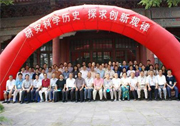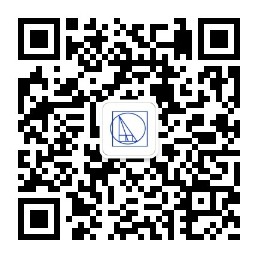| 英文摘要: |
The Manchurian plague from the winter of 1910 to the spring of 1911 was the worst epidemic in modern China, and the ensuing International Plague Conference marked the first international medical conference hosted by China. There was a close connection between these two historical events, and Wu Lien-Teh 伍连德, later extolled as the “pioneer of modern medicine in China,” played a significant role in each. Despite a multitude of treatises discussing the Manchurian plague and the International Plague Conference, as well as biographical articles on the undertakings of Wu, there remains a gap in the research of Wu’s relation with these two historical events, which is worth further exploration. In addition to the key role and significance of Wu in the entire epidemic fight, the first section of this article analyzes whether the common portrayal of Wu as an obscure, local doctor transformed overnight into a Manchurian plague fighter is accurate. Through an analysis of the conference minutes, the second section focuses on how Wu used “conference diplomacy” to mitigate the neighboring powers’ attempts to achieve their political goals by leveraging this international conference. |





